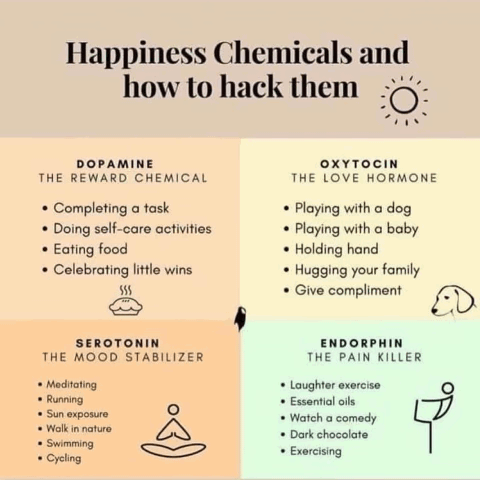A CALL FOR MORE DEEP LEADERS
I was sailing with a few friends in the San Francisco Bay a few years ago with the intent to sail under the Golden Gate Bridge and out into the open seas. Before reaching the iconic bridge, suddenly a huge gust of wind hit our sails and we heeled over so far the water was rushing into the cockpit. It felt like we were going over.
Until we didn't.
A sailboat is designed to have more weight below the waterline than above it. Thank you, keel. That huge "weight" attached to the bottom of the boat is what provides a counterbalance to the force of the wind. It takes an uncanny amount of wind to knock a sailboat completely over. And even then it can often right itself. More weight below the waterline. That's called ballast.
Richard Foster, one of the great spiritual writers and teachers of the 20th century, made this statement (quoted in my book "The Strategic Stop: Taking Back Your life in a World Obsessed with Busyness").
“The desperate need today is not for a great number of intelligent people, or gifted people, but for deep people.”
He's referring to the importance of paying more attention to what is "below the waterline" of our lives than to what's above. His call is for leaders to intentionalize personal development, character depth, integrity, wisdom; rather than a mono-focus on the things people can see--the outward appearance. We create more ballast and internal weight with this strategic focus.
Our positive impact on the people around us--our teams and peers, our families and friends--is directly determined by our personal ballast and depth.
Character. Wisdom. Vision. Integrity. Honesty. Compassion. Kindness. Empathy. Courage. Persistence. Authenticity. These are developed first on the inside and then revealed on the outside.
What practices do you engage in regularly to deepen your internal world, your character and authentic self?














